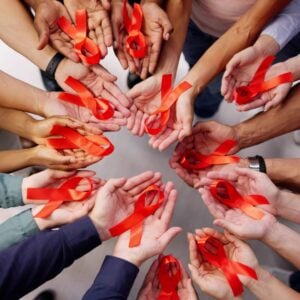A new UN health agency report reveals that in Europe in 2023, six out of ten medics were trained outside the region, with an even higher proportion for nurses. The World Health Organization (WHO) warns that many western and northern European countries have become heavily dependent on foreign health workers, creating strain on the countries they leave behind. Dr. Natasha Azzopardi-Muscat of WHO highlighted that every migrating doctor or nurse places additional pressure on families and national health systems. Europe is expected to face a shortfall of nearly one million health workers by 2030. Some countries, like Romania, have reduced doctor emigration through better pay, training, and working conditions.
The UN World Intellectual Property Organization (WIPO) released its Global Innovation Index 2025, naming Switzerland, Sweden, the United States, the Republic of Korea, and Singapore as the world’s most innovative countries. The report notes that China enters the top 10 for the first time, alongside the UK, Finland, the Netherlands, and Denmark. Despite this, growth in innovation investments is slowing, raising uncertainty about future trends. The report highlights that middle-income economies such as China, India, and Türkiye continue climbing the innovation ladder, while Saudi Arabia, Qatar, Brazil, Mauritius, Bahrain, and Jordan have made the fastest recent progress.
A separate UN report on Nigeria highlights the country’s failure to adequately protect women and girls. Independent experts from the Committee on the Elimination of Discrimination against Women (CEDAW) found that Nigeria has not sufficiently criminalized abduction or marital rape and has failed to protect schoolgirls from abduction and stigmatization. The report, based on a December 2023 mission, documented ongoing threats, including the mass abduction of 276 Chibok schoolgirls by Boko Haram in 2014, of whom at least 91 remain missing or unaccounted for. Since then, around 1,400 students have been kidnapped from schools, demonstrating a systemic threat to girls’ safety and rights.
In a positive development, independent UN experts have welcomed the World Health Organization’s decision to restore sunscreen to its Model List of Essential Medicines. This move is particularly significant for people with albinism, for whom skin cancer is the leading cause of death worldwide. Experts stressed that access to sunscreen is a fundamental human right and could significantly improve life expectancy and quality of life for affected individuals. The success of this measure will depend on governments’ commitment to integrating sunscreen into national health systems and ensuring sustainable access, aligning with international obligations to protect vulnerable populations from preventable harms.







